When I was five or six, we went on prairie dog safaris here in Nebraska.
TAL:When, where and how did your father Joyce start making bullets?
SH:Dad was making bullets during World War II so he and his friends could shoot varmints.
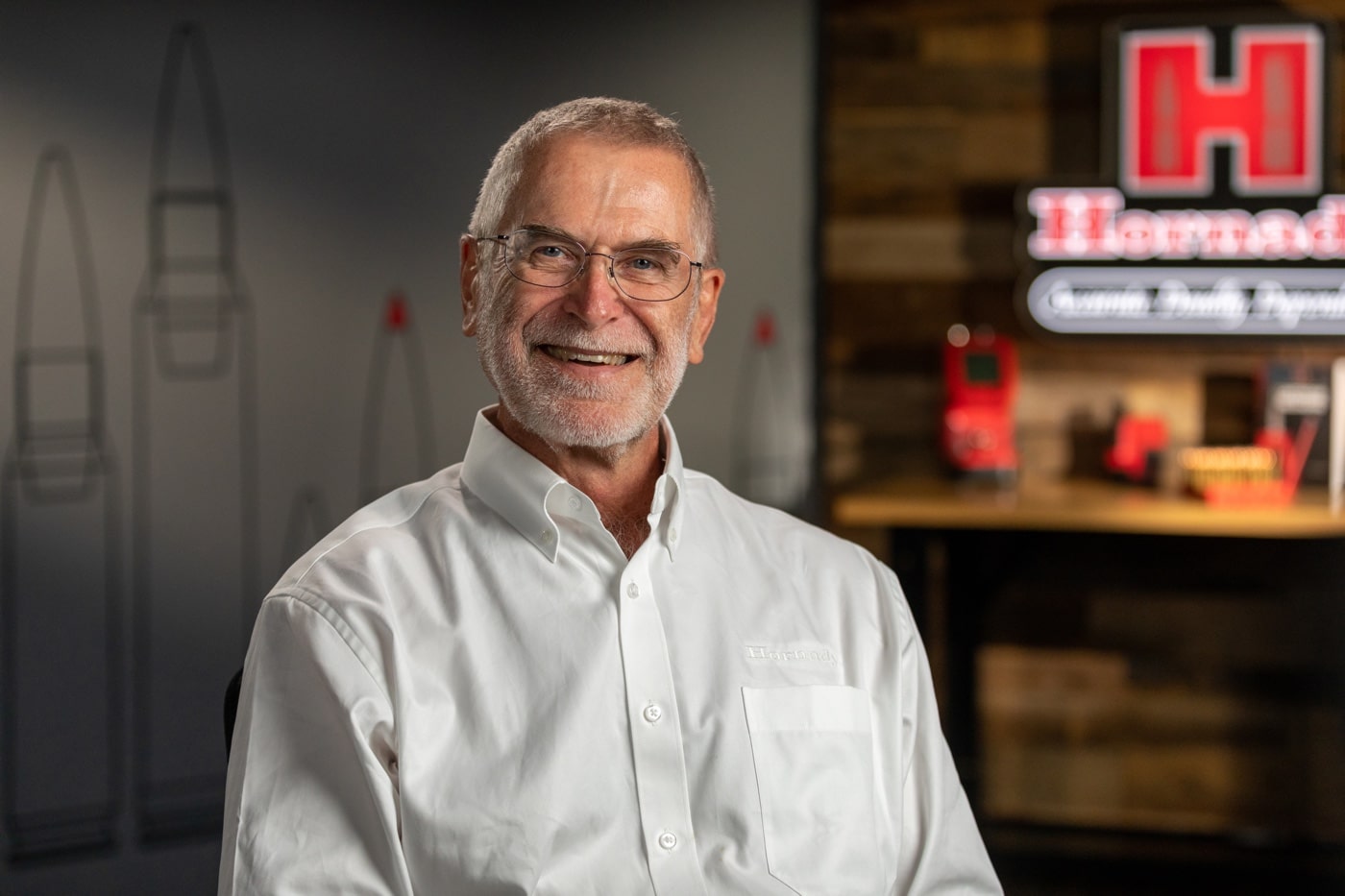
Steve Hornady, president of renowned ammunition maker Hornady, has carried on the tradition of excellence established by his father at the company’s founding in 1949. Images courtesy of Hornady.
Shortly thereafter, he used spent .22 cases to make bullet jackets.
He shot competitively in the late 1930s and as much as he could into the 1940s.
He shot often with Vernon Speer, who had a machine shop in Lincoln.
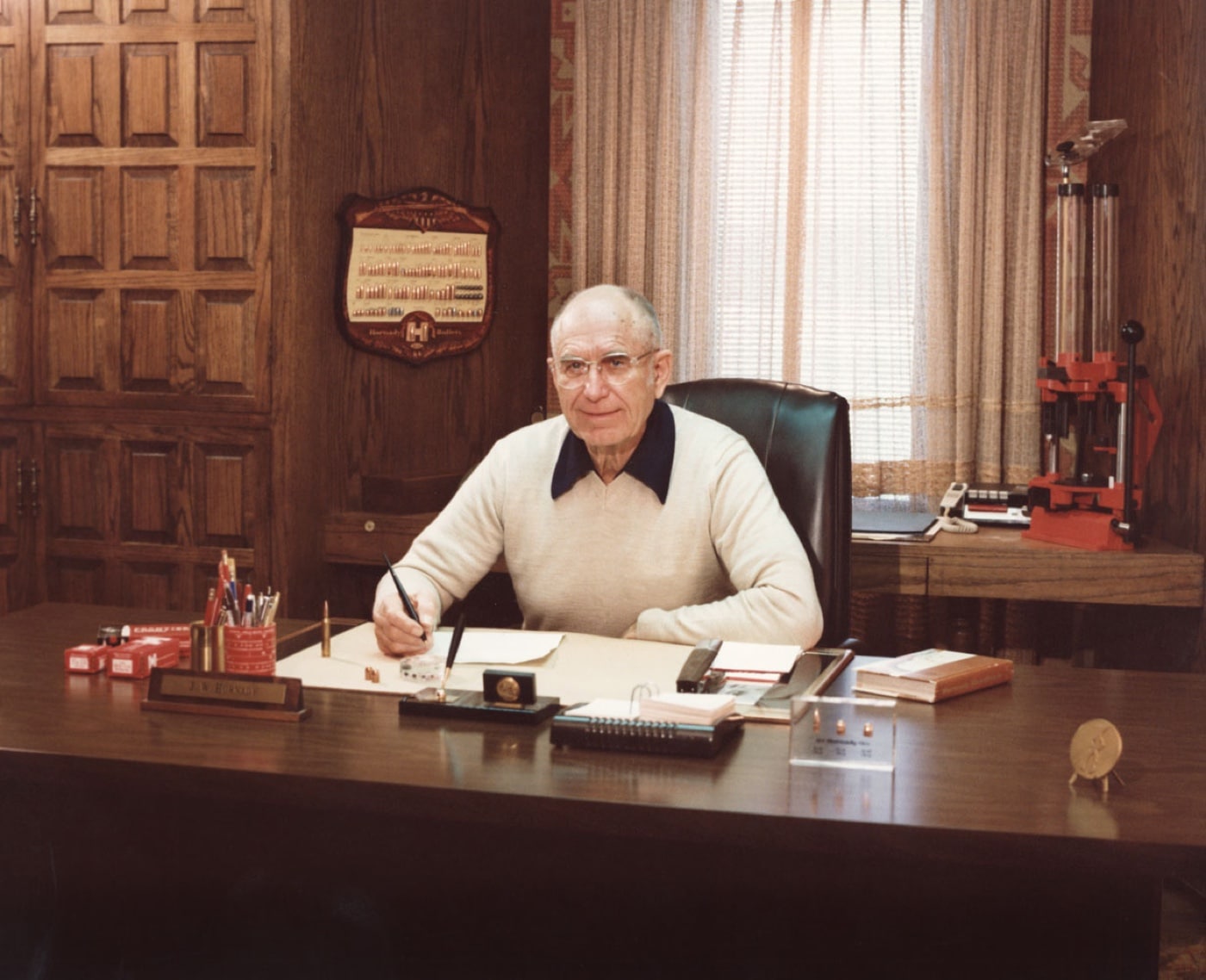
Shown here is the late Joyce Hornady, patriarch of the Hornady family and founder of Hornady Manufacturing.
He and Dad collaborated on a line of bullets.
Re-worked rimfire cases were replaced with better jackets.
Then Vernon moved to Idaho, and eventually the two men went their separate ways.
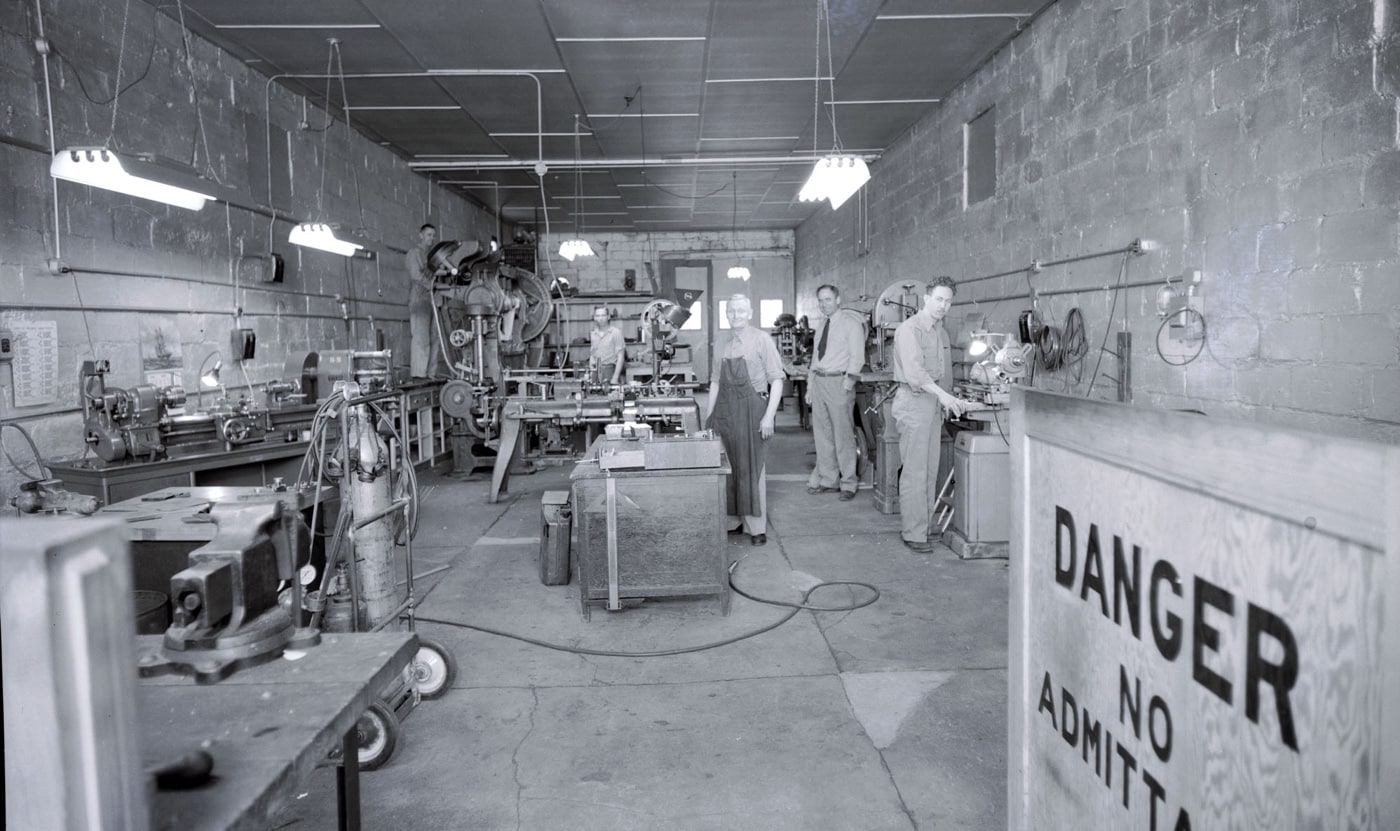
Hornady was started in an old automotive garage in downtown Grand Island.
TAL:Were you working with your father early on?
Did you envision becoming a company president?
SH:Our family believed in working as soon as you were able.
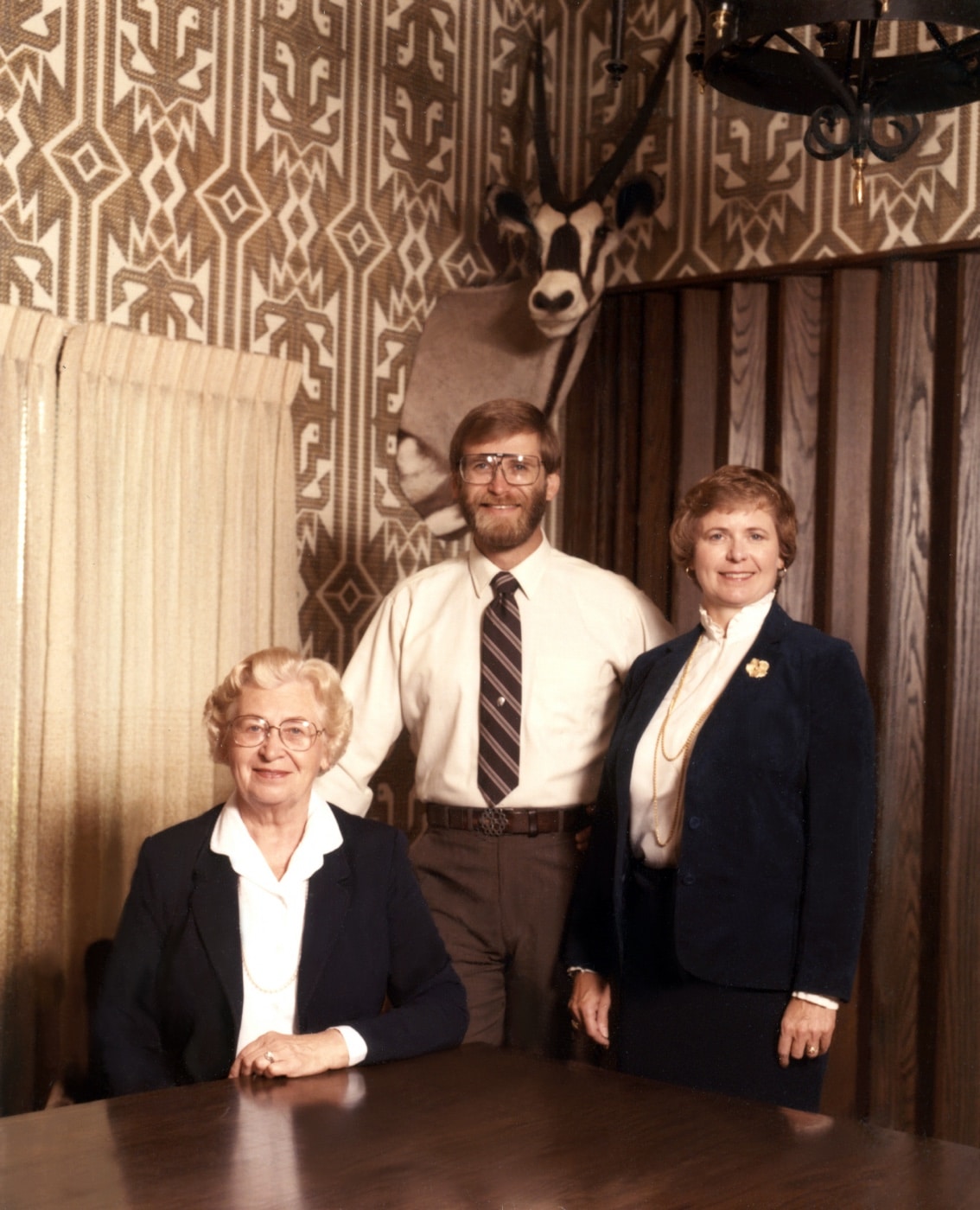
Steve Hornady stands here with his mother, Marval Hornady (left) and his sister Margaret Hornady David (right).
As I kid, I mowed the lawn.
By age 14, I was doing minor maintenance at the factory.
TAL:How did your mother and siblings contribute to the company in its early years?
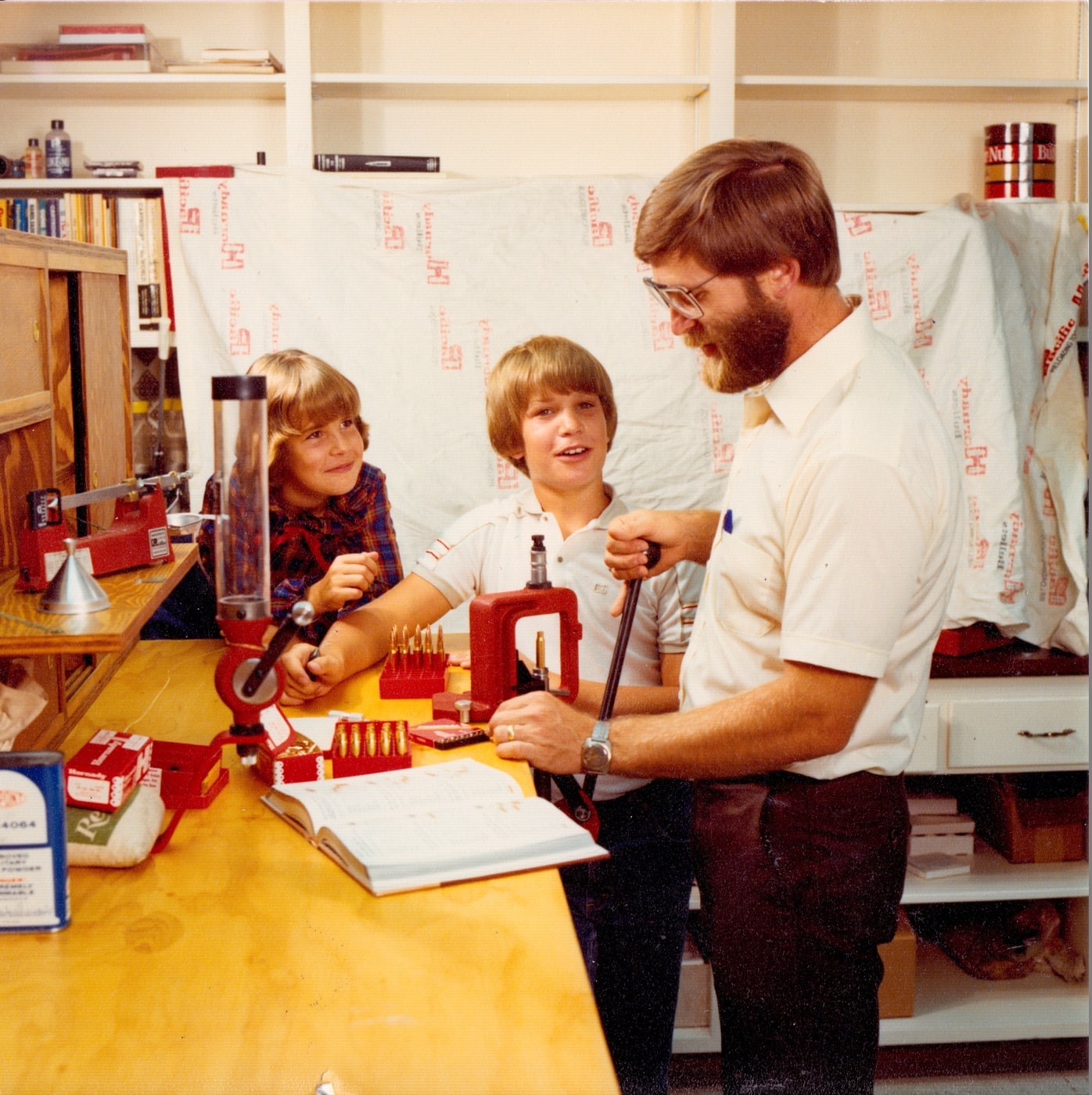
In this image, we see Steve Hornady in years past with his son Jason and daughter Meighan in the shop with some Hornady reloading gear.
SH:My mother, Marval Hornady, was a strong, self-reliant woman who worked hard.
She kept books for Dad from the start, besides managing the household.
She and Dad made family and business decisions together.
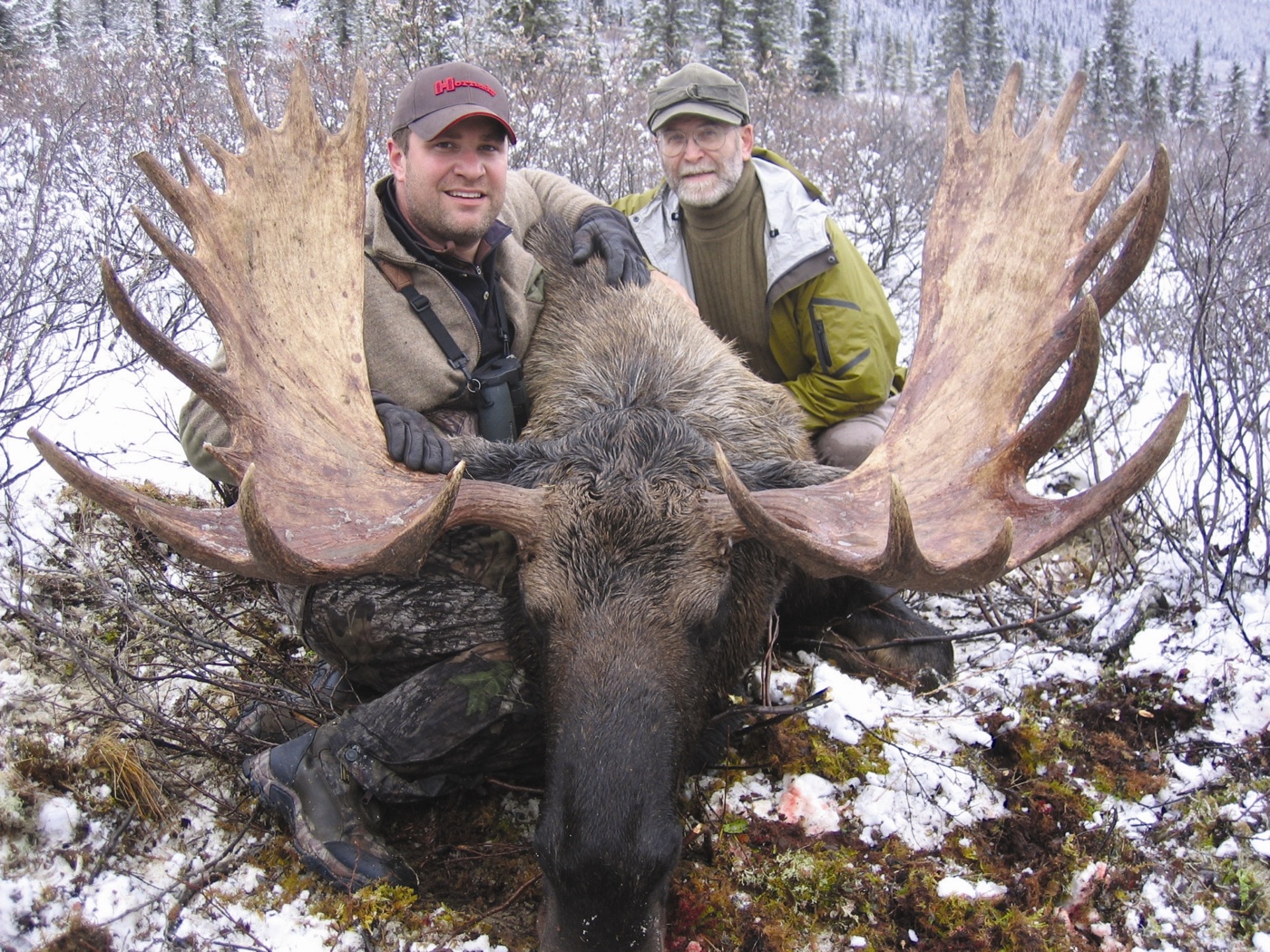
Steve Hornady is an avid outdoorsman, having traveled the world on hunts. He is shown here in 2006 on a moose hunt with his son, Jason.
TAL:I recall Frontier Ammunition.
What prompted the decision to sell cartridges as well as bullets for which Hornady was then known?
SH:In the early 1960s, Dad wanted to sell Hornady bullets to shooters who didnt handload.
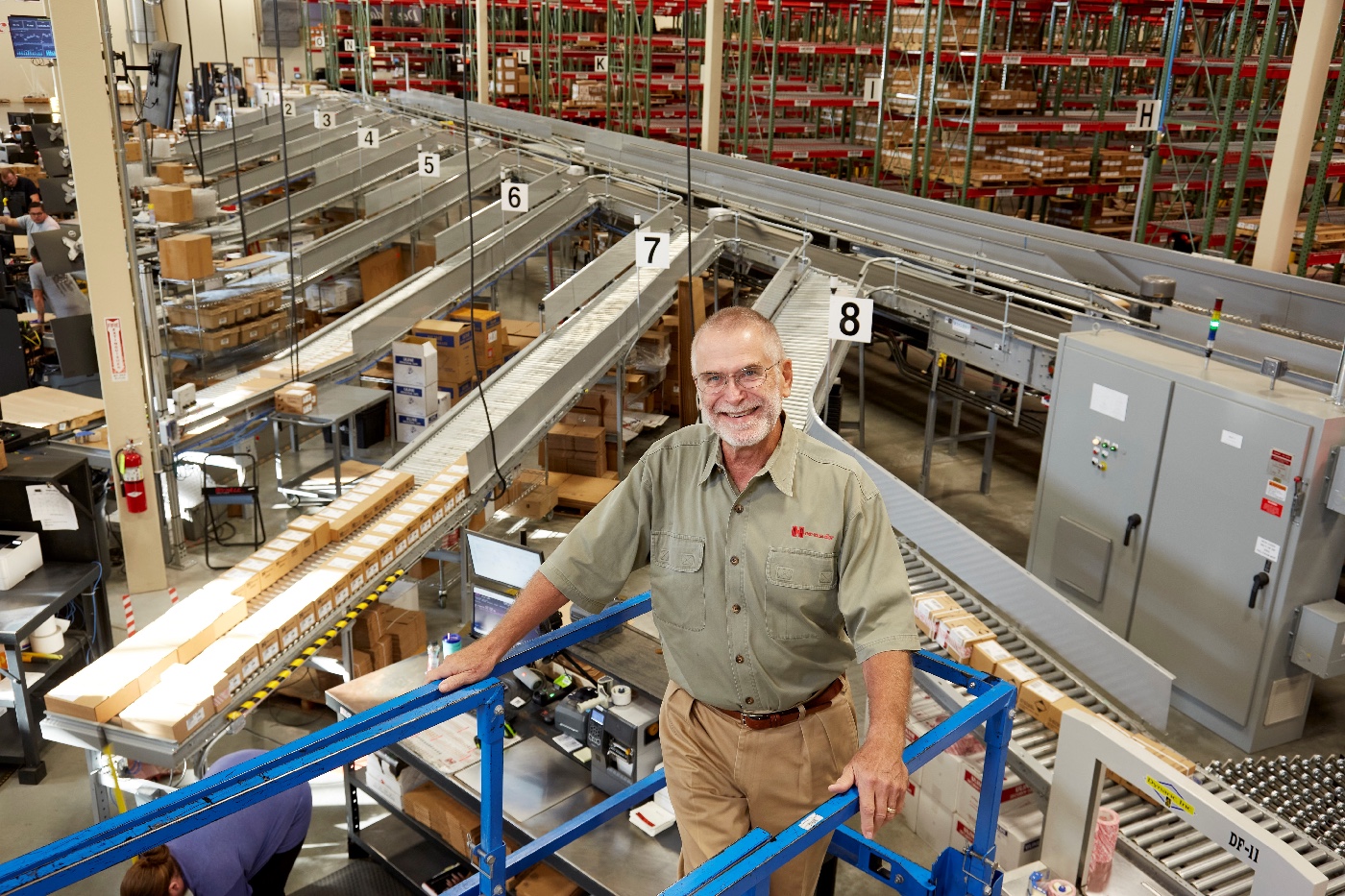
In the nearly 75 years since its founding, Hornady has grown into a powerhouse in the ammunition community.
We bought carloads, washed it, polished it and used it to make 06 and .308 cartridges.
Re-forming it gave us .270 and .243 cases for those rounds.
The response was favorable, so we built up that end of the business.
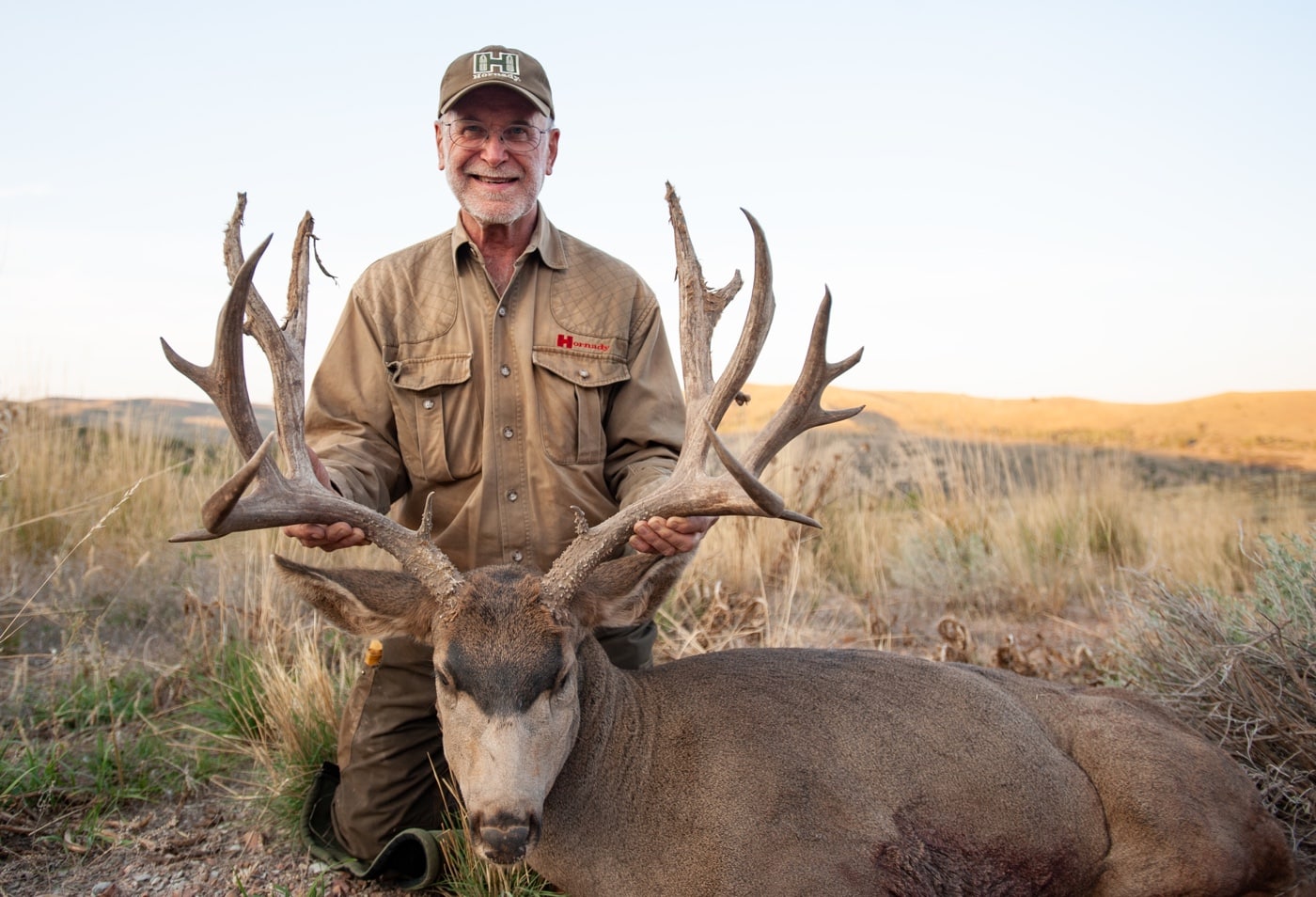
Steve is shown here having taken a mule deer in Utah in 2022.
TAL:When, and under what circumstances, did you take the company reins?
I would have been with them, but my wife had just endured a kidney transplant.
I was with her and our kids.
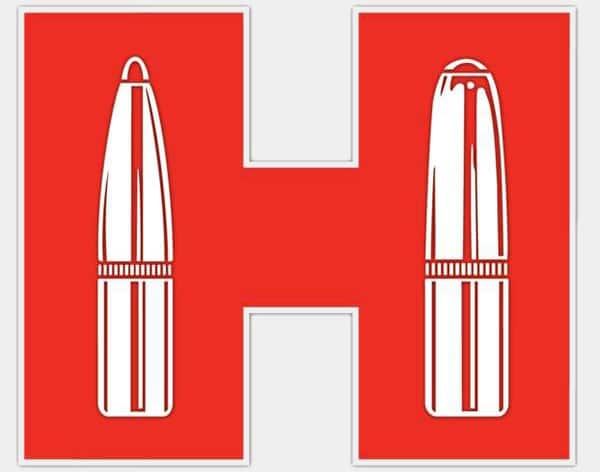
Somehow, we made progress, and the company has since fared well.
TAL:Was the .17 HMR the first cartridge with Hornady in the name?
How did it come about?
So were others in the industry.
But unlike some experimenters, Dave persevered, tweaking designs and components when early results disappointed.
It didnt hurt to have a bullet factory he could tap for variations of our new poly-tipped V-Max bullet!
When he brought me the final rendition, I was skeptical.
Then I shot it.
It was so fast, flat-shooting and accurate, well, I couldnt say no!
It was the big news in 2002.
TAL:Is Hornadys recent focus on new bullet design market-driven or from personal interest?
SH:I dont know that you could separate those two prompts.
We dont do consumer studies or assemble focus groups.
We come up with products we like, thinking other hunters and shooters will like them too.
Not all our ideas deliver homeruns at market, but they usually get on base.
TAL:How have your personal interests in shooting evolved?
Does your family share them?
Not that I excel; but my enthusiasm for shotgun games now runs in the family.
My son and grandson are avid Sporting Clays shooters.
Daughters and their husbands have taken up big game hunting.
Their hunts have enabled them to travel the world.
TAL:Hunting has taken you to many far-off places.
Which was your most memorable?
What kind of hunting do you enjoy most?
SH:Those are tough questions.
The most unusual hunt I recall was for polar bear.
That environment is unlike any other!
As for my favorite places, Id have to say new ones!
How have these rifles and pistols affected ammunition sales?
One of the charter chamberings in Springfields Waypoint rifle is the 6.5 Creedmoor.
That popular cartridge was born at Hornady and earned its reputation mostly with our ammo!
Our handgun loads cover all chamberings in Springfield 1911s, SA-35s, Hellcats and the Echelon.
TAL:Ammunition shortages in the past have brought calls for more production.
How has Hornady responded?
SH:Like everyone in the industry, weve done all we can to increase production.
But the headwinds are strong.
SH:In all our product categories, we venture to offer the very best value.
Shooters using our match ammunition compete at the highest levels.
TAL:How do you respond to trends in the shooting sports?
Or do your products drive those trends?
SH:We have driven or at least nudged some markets along.
TAL:Youre active, personally, in the National Shooting Sports Foundation (NSSF).
How else do you work on behalf of shooters and the Second Amendment?
We support and fund many events like Friends of the NRA banquets.
TAL:How do you envision Hornadys path over the next decade?
What roles do you see for yourself and your son Jason?
SH:Jason is now the hands-on, day-to-day lead at our company.
TAL:Have you a guiding principle you consciously bring to work each day?
SH:Be as fair and as generous as possible.
SH:I dont think I have any major regrets.
We should have been more aggressive in developing our ammunition- and primer-making capability, but thats hindsight.
We made sound choices based on data valid at the time.
I should have exercised more and drank less; but Im not worried about that now!
We truly appreciate it.
SH:Thank you.
It was my pleasure.
Go to forum thread




